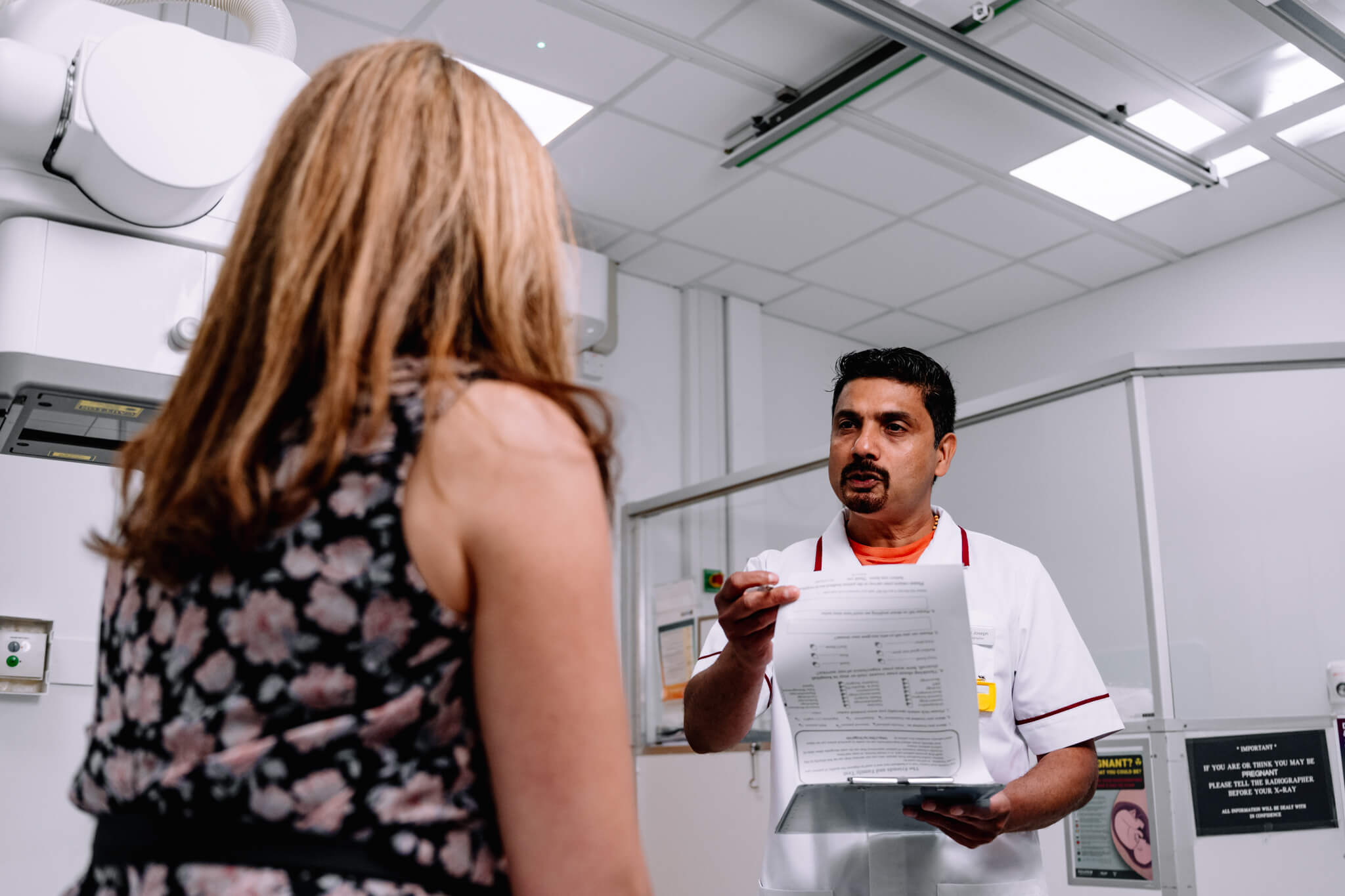Blakelands Hospital Specialists
-
-

Mr Jamal Harisha
Mr Jamal Harisha is a Consultant Breast and General Surgeon in Milton Keynes, Buckinghamshire
Read more -

Mr Anil Hemandes
Mr Anil Hemandas works as a Consultant General and Colorectal Surgeon at Blakelands Hospital in Milton Keynes.
Read more -

Mr Ugochukwu Ihedioha
Mr Ugochukwu Ihedioha is a Consultant Laparoscopic General and Colorectal Surgeon at Blakelands Hospital who specialies in laparoscopic colorectal surgery for bowel cancer, and pelvic floor surgery.
Read more -

Mr Achal Khanna
Mr Achal Khanna is a Consultant General & Laparascopic Surgeon at Blakelands Hospital, Milton Keynes who specialises in Upper GI and General Surgery
Read more -
Mr Deep Malde
Mr Deep J. Malde is a Consultant General, Hepatobiliary and Pancreatic (HPB) Surgeon in Buckinghamshire and Northampton who specialises in benign and malignant conditions of the Pancreas, Liver and Gallbladder.
Read more -
Mr Adnan Qureshi
Mr Adnan Qureshi is a Consultant General and Colorectal Surgeon in Milton Keynes
Read more -

Mr Kyi Toe
Mr Toe is a Consultant General Surgeon at Blakelands Hospital, Milton Keynes who specialises in Hernia repair
Read more
